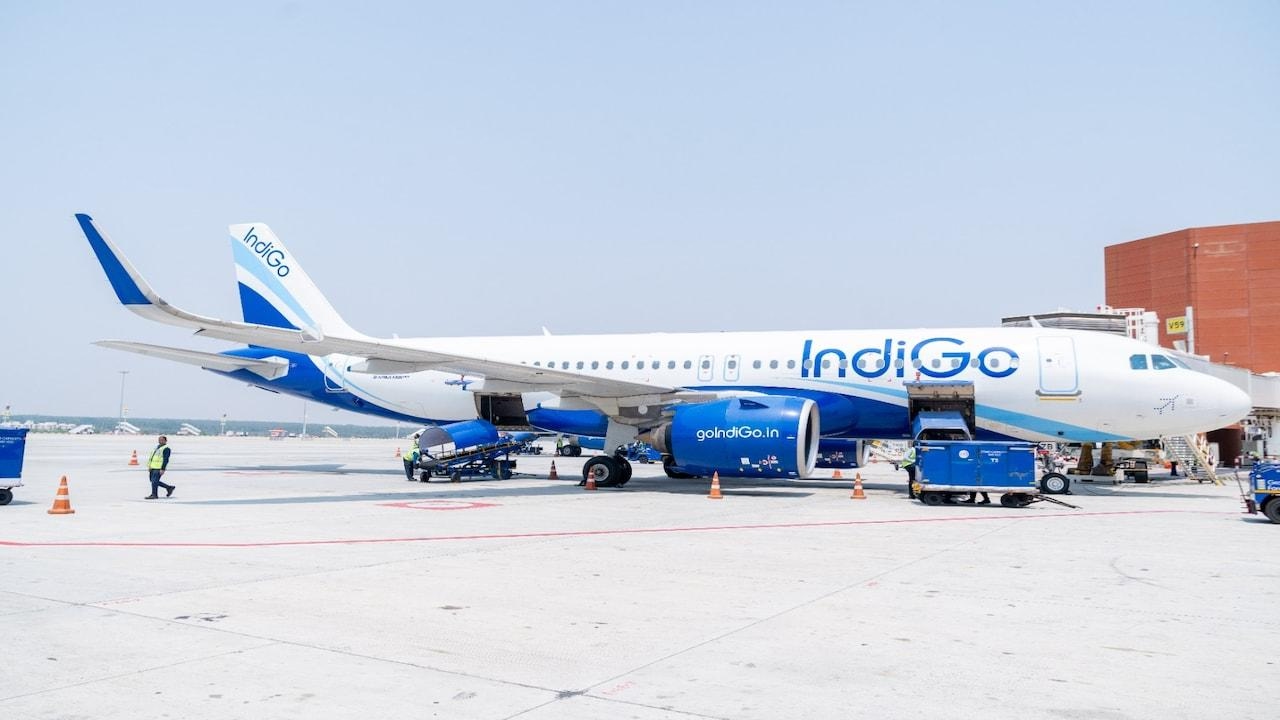AeroGenie — Uw intelligente copiloot.
Trending
Categories
InterGlobe Doubles Airbus Wide-Body Order and Expands Codeshare Agreements

InterGlobe Aviation Doubles Airbus Wide-Body Order and Strengthens Global Partnerships
InterGlobe Aviation has announced a significant expansion of its wide-body fleet by doubling its order for Airbus A350-900 aircraft to 60 planes. This move, coupled with the signing of new codeshare agreements with three major international carriers, marks a strategic effort to elevate the airline’s presence on the global aviation stage. Following the announcement, InterGlobe’s shares experienced a modest increase of 0.25 percent on June 2.
Fleet Expansion and Long-Haul Ambitions
Originally, InterGlobe had committed to acquiring 30 Airbus A350-900 aircraft in April of the previous year, with purchase rights for an additional 70 planes. On June 1, the airline converted 30 of these purchase rights into a firm order, effectively doubling its wide-body fleet commitment. Deliveries for the original order are scheduled to commence in 2027. This expansion is expected to significantly enhance IndiGo’s long-haul international network, enabling the airline to connect a greater number of Indian cities with destinations worldwide.
In March, InterGlobe initiated its long-haul operations by leasing six wide-body aircraft on a temporary basis, with deliveries expected to conclude by 2026. The airline is set to launch non-stop flights to Amsterdam and Manchester starting in July, marking its official entry into long-haul service. Additional routes are anticipated to follow as the airline continues to broaden its international footprint.
Aircraft Deliveries and Service Upgrades
During the fiscal year 2025, IndiGo added 67 aircraft on a net basis, including 58 deliveries from Airbus in 2024 alone. These deliveries represent approximately 7 percent of Airbus’s total commercial aircraft output for the year. Alongside fleet growth, the airline is gradually introducing business class cabins on its flights, signaling a strategic shift from its traditional low-cost model. This enhancement aims to attract a growing segment of premium travelers as the airline expands its wide-body operations.
Strategic Codeshare Agreements and Market Connectivity
On June 1, InterGlobe formalized codeshare agreements with Delta Airlines, Air France-KLM, and Virgin Atlantic Airways. These partnerships are designed to improve connectivity between India, North America, and Europe, pending regulatory approvals. Holding nearly 65 percent of the domestic market share, IndiGo is leveraging these alliances to extend its reach and better serve the world’s third-largest aviation market by linking more Indian cities to global destinations.

Emirates Unveils Cabin Design for New Boeing 777X

Eighteen Years On, the Airbus A380 Remains Central to a $34 Billion Airline

How a boom in luxury airline seats is slowing down jet deliveries

Navitaire Outage Attributed to Planned Maintenance

DigiYatra Debuts Outside Aviation at India AI Impact Summit

Vietnam Orders Strengthen Boeing’s Commercial Outlook

Airbus Signals Uncertainty Over Future A400M Orders

JobsOhio Awards $2 Million Grant to Hartzell Propeller for Innovation Center

Collins Aerospace Tests Sidekick Autonomy Software on YFQ-42A for U.S. Air Force CCA Program

How the Airbus A350-1000 Compares to the Boeing 777
